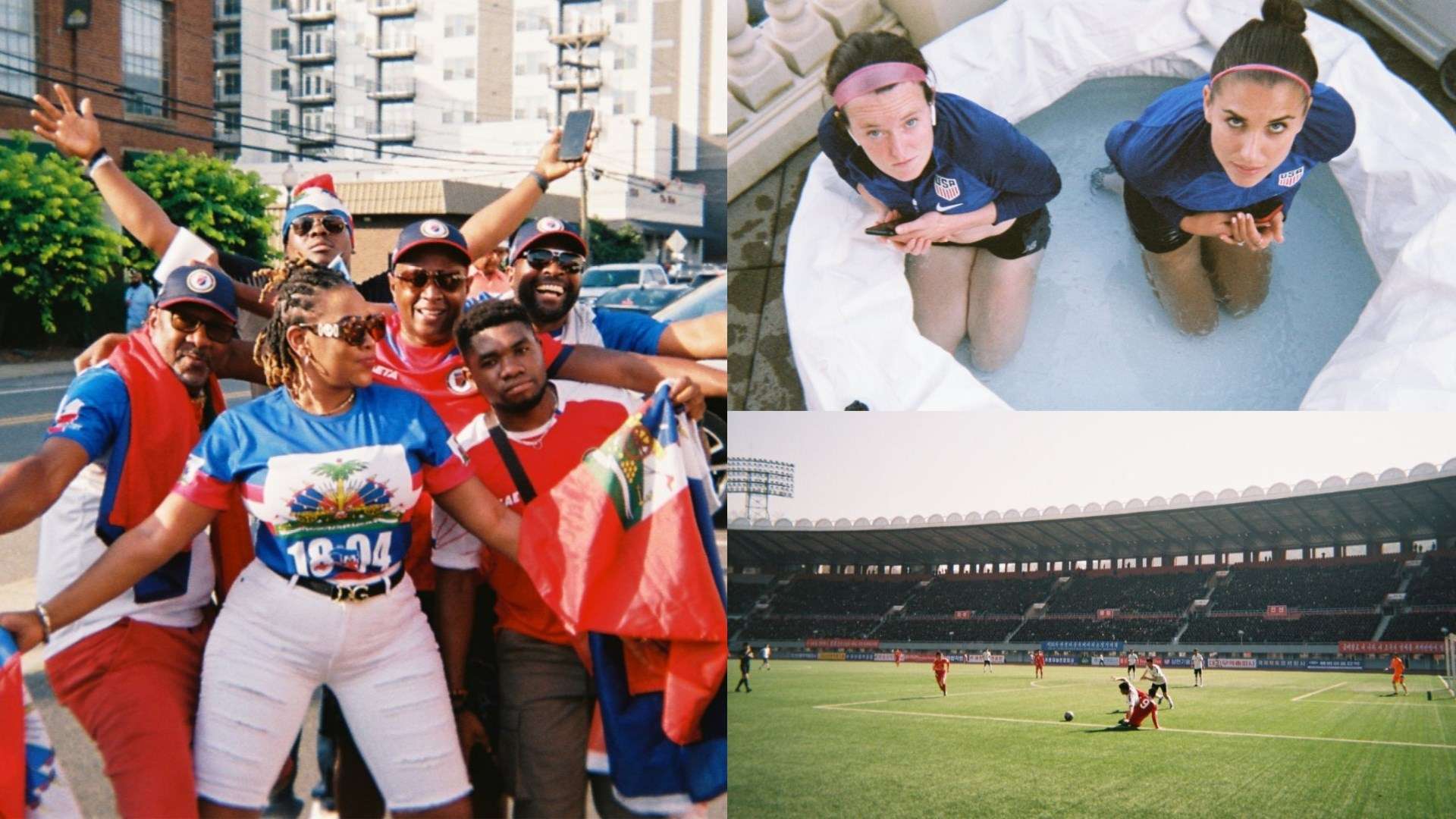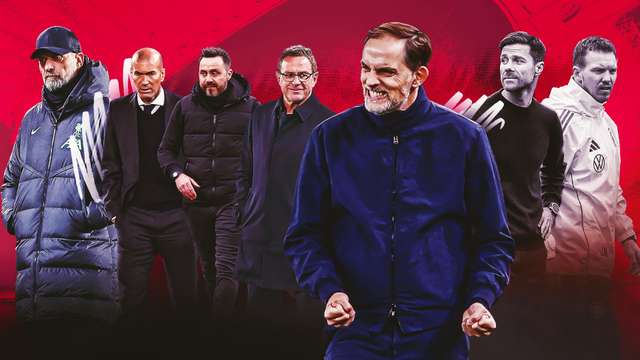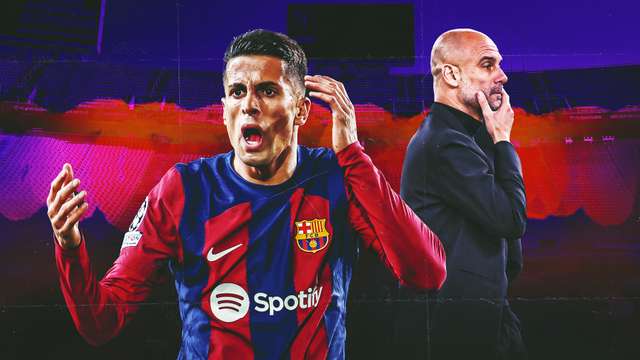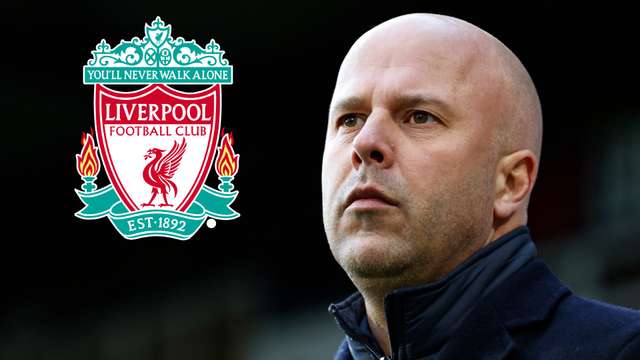Imagine capturing the intimate moments of a World Cup one minute, and then getting a snapshot of the beautiful game within a war zone the next - and all via a disposable camera.
That's exactly what Goal Click manages to pull off, with Matthew Barrett, the company's founder, speaking to the Footballco Business Podcast about their vision and how they tell football stories through the medium of disposable camera photography.
Barrett explained that even in the modern era of mobile phones, and the powerful cameras most of them possess, the disposable still has some unique advantages.
He said: "There are three reasons why we've used that tool. I think the first is equality. There's something very powerful about everyone who takes part in Goal Click, whoever they are, wherever they are, starting with the same tool to capture their world around them as they see it. And so it's a real leveller. it would surprise you how it does really level the playing field, no pun intended, for people to be using that same tool.
"The second reason is probably the one that means the most to me. And I would say that's intentionality. So obviously, with 27 photos and a roll of film, that scarcity means you have to really value each photo you take. And I think that scarcity actually leads to an improvement in quality as people really think, and are very deliberate and very patient in what they take photos of.
"And then the third reason, it's just its uniqueness really, from the method itself, it really draws people in, maybe an element of nostalgia or an element of something different. I think we all love the ease with which mobile phones have given us the ability to be photographers but sometimes it can create a disposable culture, again, no pun intended, of taking hundreds of photos and never really looking at them or valuing them. And the aesthetic of the analogue film is really quite beautiful and powerful, and sometimes can look even better."
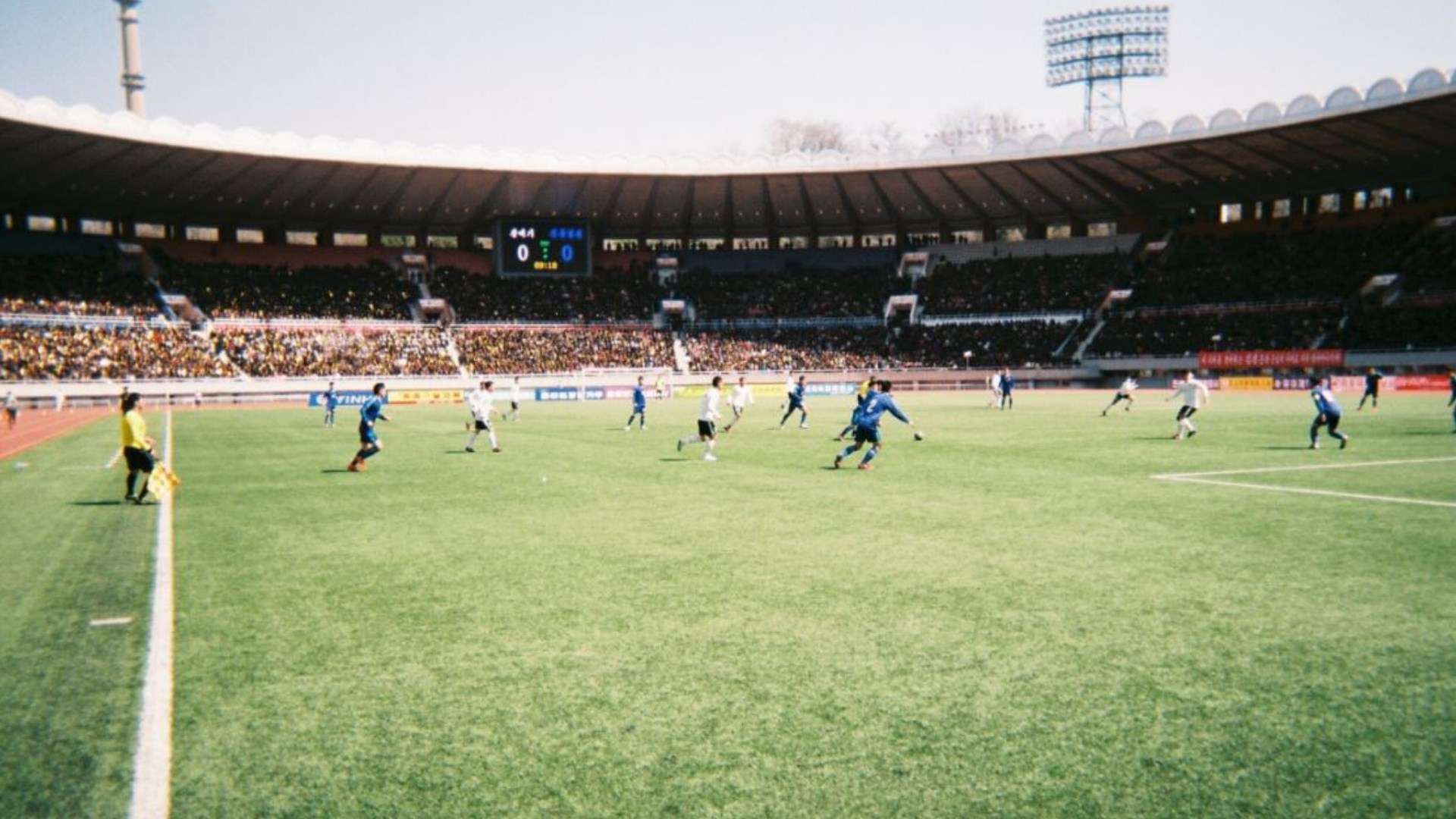 Goal Click
Goal ClickMuch of Goal Click's work occurs in areas not usually covered by mainstream football media. This is achieved, at first, by equipping contacts with disposable cameras, making them the photographer rather than the subject and allowing them to showcase their own perspective.
This work has seen Goal Click capture content from conflict zones, refugee camps and from within one of the world's most secretive countries, North Korea.
Barrett said: "The camera was, I'm not going to say smuggled, but taken across the border from China to North Korea and placed in the hands of this North Korean tour guide who captured a stadium match in Pyongyang. And, obviously, there are restrictions and things that can't be captured by someone in that position. They had to be relatively discrete.
"Being North Korea, there is a high degree of censorship, even though the photographs weren't official. I don't think that negates how powerful the images can be. I think even something which is almost self-censored, in a way, is revealing and interesting about our country. Was it a perfect gritty view of North Korean football culture? No, but that in itself is quite fascinating that this is what has come out of that country."
Barrett describes some of the work that comes from Goal Click as slow-form, with content needing a high degree of planning, as well as extensive relationship building. Indeed, the North Korea images took longer than anything they've done before.
He said: "Four years, it's the longest it's ever taken from start to finish in terms of building a relationship with someone who was able to get the camera in the right hands and get it back and make sure it came back across borders. I won't reveal too closely who those people were but it's a real exercise in trust, patience and doing things the right way. And I actually think that with every story we do, those are some of the reasons why they are powerful, and why they actually happen, because we can't click our fingers and rush people who might be taking a risk, or who might not be as comfortable telling their story."
For more on Goal Click’s work, including their commitment to video, written word and audio, download the podcast now or listen below.
